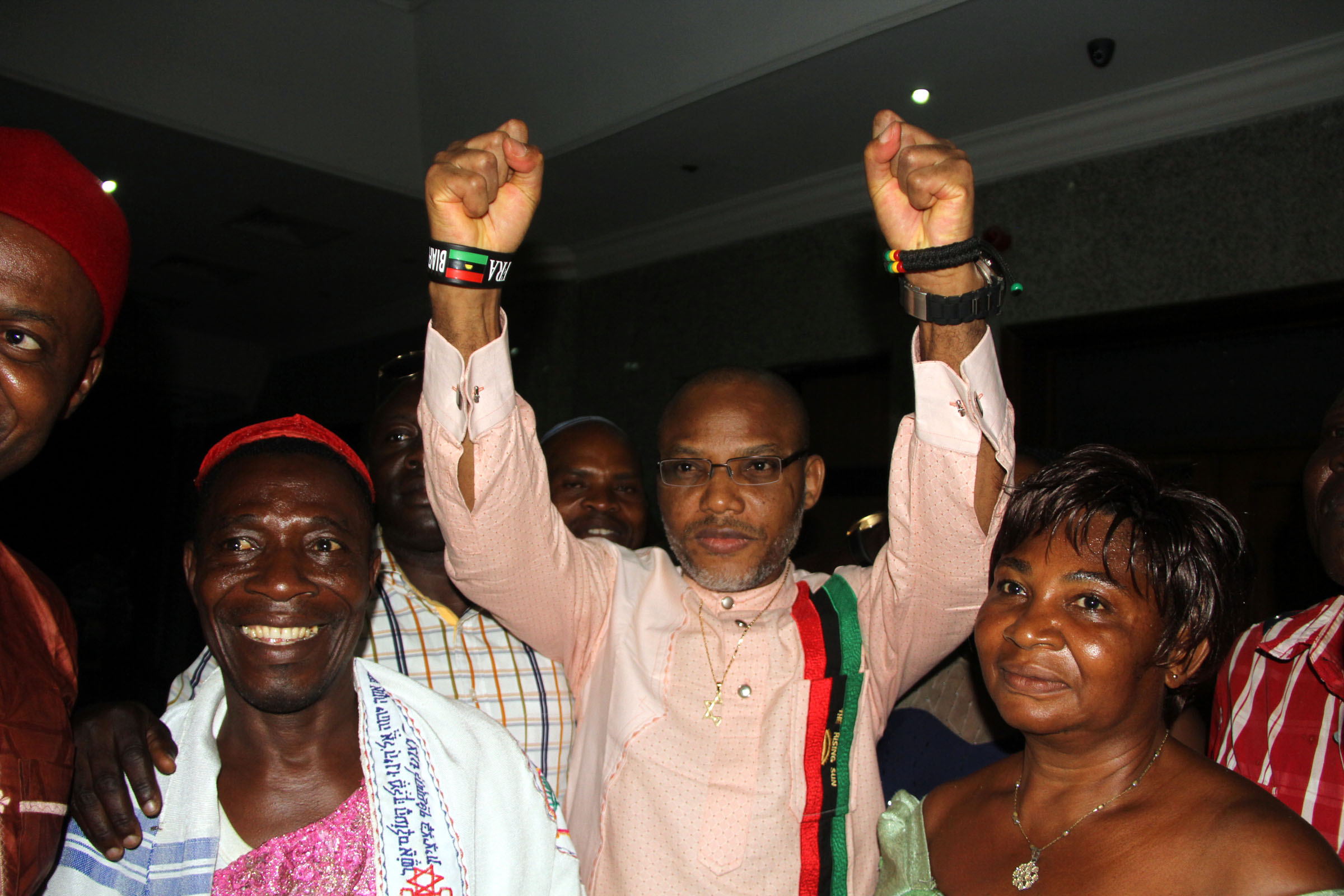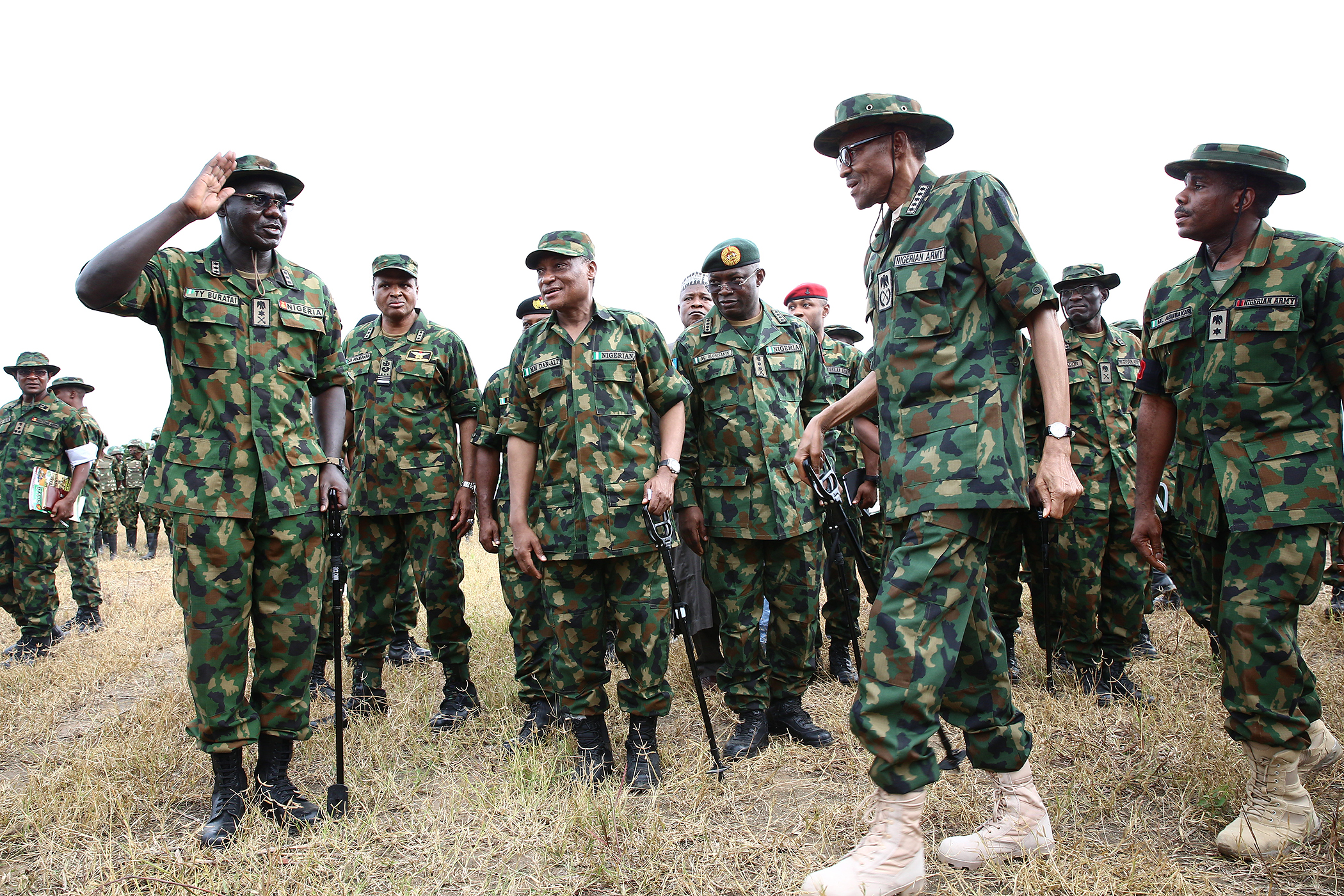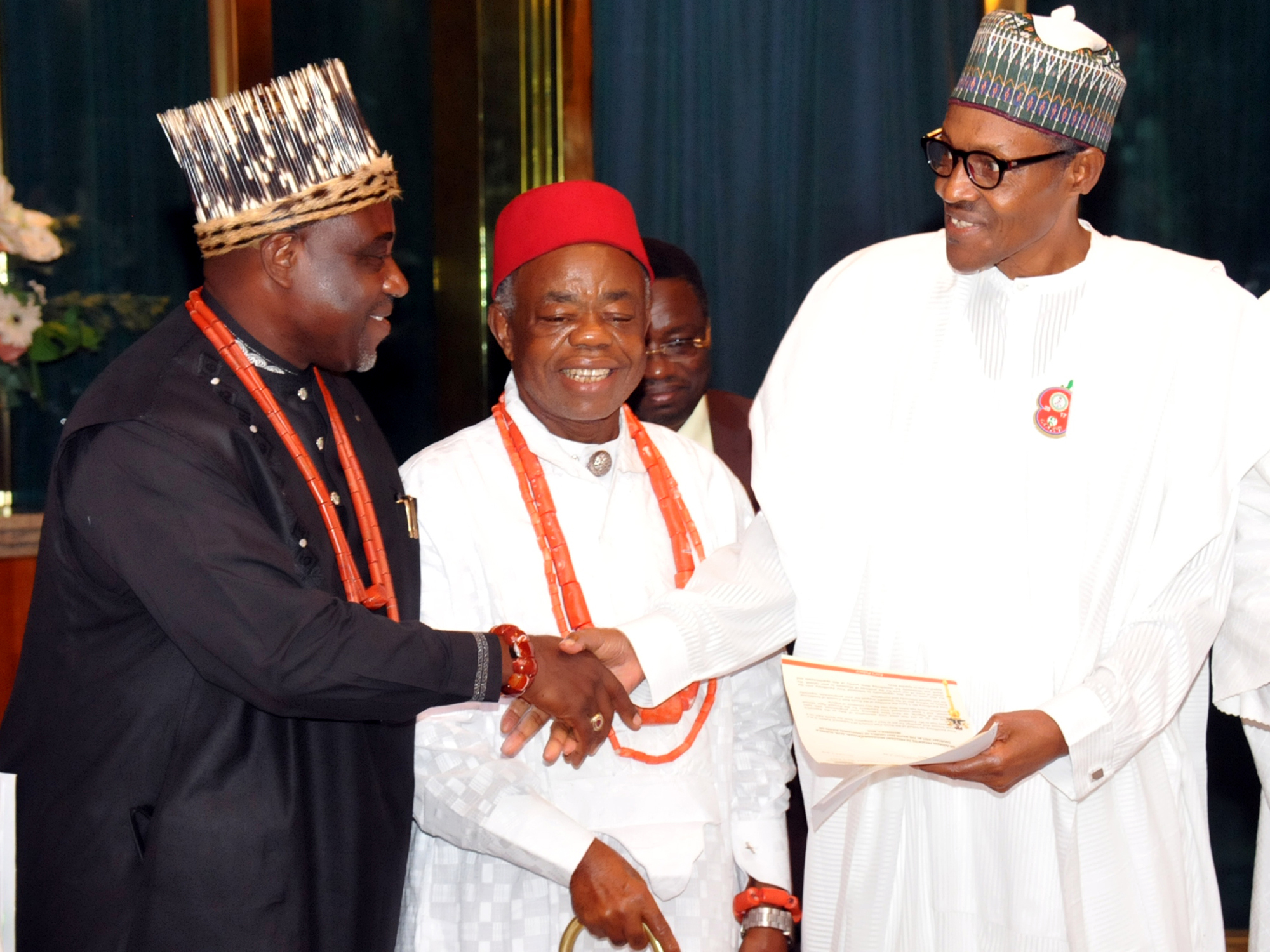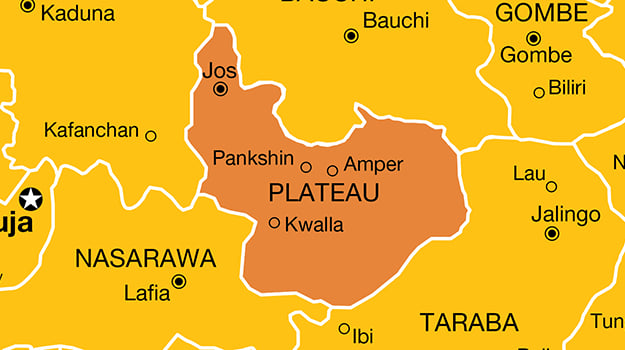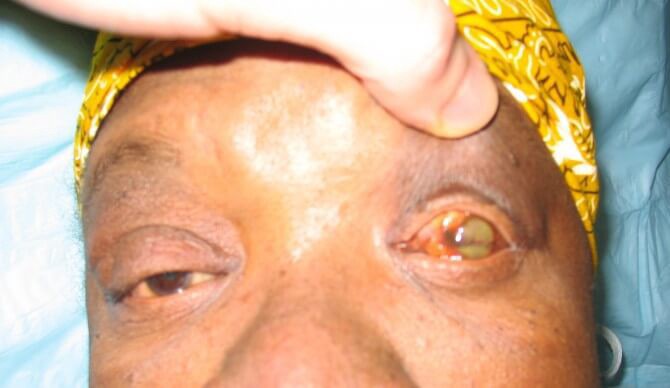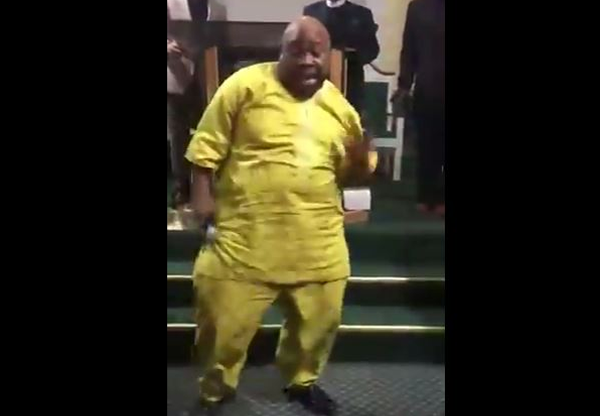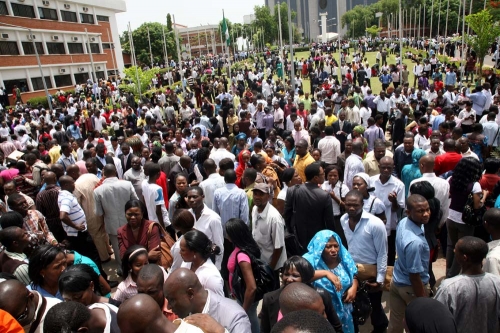The Nigerian military authorities on Friday declared the Indigenous People of Biafra (IPOB) a “militant terrorist organisation”. John Enenche, a major-general and director of defence information, listed a number of reasons to justify the declaration.
These are:
- the formation of a Biafra Secret Service
- claimed formation of Biafra National Guard,
- unauthorised blocking of public access roads
- extortion of money from innocent civilians at illegal road blocks
- militant possession and use of weapons (stones, molotov cocktails, machetes and broken bottles, among others) on a military patrol on Sept. 10, 2017
- physical confrontation of troops by Nnamdi Kanu and other IPOB actors at a check point on Sept. 11, 2017
- an attempt to snatch their rifles
- attack by IPOB members on a military check point on Sept. 12, 2017, at Isialangwa, where one IPOB actor attempted to snatch a female soldier’s rifle.
From the foregoing, he said, “the Armed Forces of Nigeria wish to confirm to the general public that IPOB from all intent, plan and purpose as analysed, is a militant terrorist organisation”.
Who is a terrorist?
The Terrorism (Prevention) Act of 2011 (amended in 2013) defines a terrorist under section 1 as (1) a person who knowingly (a) does, attempts or threatens to do an act preparatory to or in furtherance of an act of terrorism; (b) commits to do anything that is reasonably necessary to promote an act of terrorism; or (c) assists or facilitates the activities of persons engaged in an act of terrorism, commits an offence under the act.
Advertisement
Terrorism is defined in section 2 as an act which is deliberately done with malice, aforethought and which: (a) may seriously harm or damage a country or an international organisation; (b) is intended or can reasonably be regarded as having been intended to (i) unduly compel a government or international organisation to perform or abstain from performing any act; (ii) seriously intimidate a population; (iii) seriously destabilise or destroy the fundamental political, constitutional, economic or social structures of a country or an international organisation; or (iv) otherwise influence such government or international organisation by intimidation or coercion.
According to the law, an act of terrorism also involves or causes, as the case may be (i) an attack upon a person’s life which may cause serious bodily harm or death; (ii) kidnapping of a person; (iii) destruction to a government or public facility, a transport system, an infrastructure facility, including an information system, a fixed platform located on the continental shelf, a public place or private property, likely to endanger human life or result in major economic loss.
Who declares someone a terrorist?
The law talks about a terrorist organisation, and it would appear a terrorist is someone who works for or belongs to such a group. Once the group is so designated, the processes are laid out under section 2 (c) of the law, which says a court of law shall make the proclamation based on an application made by the attorney general, national security adviser or inspector general of police on the approval of the president.
Advertisement
The judge can declare any entity to be a proscribed organisation and the notice should be published in an official gazette, according to this section.
Based on this law, the proclamation of IPOB as a terrorist organisation by the military authorities on Friday did not follow the process. Except, of course, the processes were conducted in secret and are yet to be made public.
Has any Nigerian organisation been declared ‘terrorist’ before?
Yes. On June 4, 2013, the government of President Goodluck Jonathan approved the gazette proscribing two groups after declaring their activities as acts of terrorism.
The order, gazetted as the Terrorism (Prevention) (Proscription Order) Notice 2013, covered Boko Haram (Jamaatu Ahlis-Sunna Liddaawati Wal Jihad) and Jama’atu Ansarul Muslimina Fi Biladis Sudan (Ansaru), was approved by Jonathan pursuant to section 2 of the Terrorism (Prevention) Act, 2011 (as amended).
Advertisement
His spokesman, Reuben Abati, said then that “this officially brings the activities of both groups within the purview of the Terrorism Prevention Act and any persons associated with the two groups can now be legally prosecuted and sentenced to penalties specified in the Act”.
What is the punishment for terrorism?
Kanu and other IPOB members could get the death sentence if they are convicted of terrorism under the law. Section 4 (2) says “where death results from any terrorist act, the penalty shall be death sentence”.
As for those seen to be supporting IPOB, including journalists whom the authorities have consistently accused of backing the activities of the group, the punishment stated under section 4 (1) is an “imprisonment for a maximum term of 20 years”. Journalists were attacked by soldiers during the python dance.
“Support for Terrorism” is defined under section 4 (3) as (a) incitement to commit a terrorist act; (b) offer of material assistance, weapons, including biological, chemical or nuclear weapons, explosives, training, transportation, false documentation or identification; (c) offer or provision of moral assistance, including invitation to adhere to a proscribed organization; and (d) the provision of, or making available, such financial or other related services as may be prescribed in the act.
Advertisement
Add a comment
